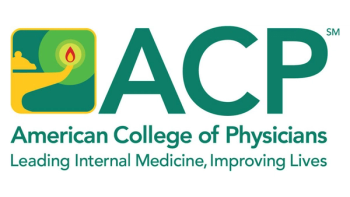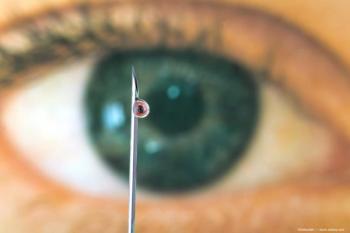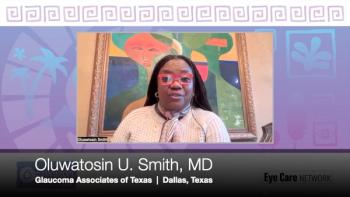
How to get paid for eyeglasses after cataract surgery
San Bernardino, CA-Medicare claims for eyeglasses after cataract surgery are the single most complicated claims to file, according to Kevin Corcoran, COE, CPC, FNAO, president of Corcoran Consulting Group.
San Bernardino, CA-Medicare claims for eyeglasses after cataract surgery are the single most complicated claims to file, according to Kevin Corcoran, COE, CPC, FNAO, president of Corcoran Consulting Group.
During a recent presentation titled, "Eyeglasses after cataract surgery-how to get paid," Corcoran, a reimbursement consultant, talked about general guidelines for filing claims and mistakes commonly made in the process.
"In a practice, auditors will find that 70% to 80% of Medicare claims are filed on target," he said. "There's even better accuracy in an ambulatory surgery center. But in the optical shop, chances are good that none of the claims is accurate."
What's covered?
Corcoran classified claims in four groups: things that are covered all the time; things that are never covered; things that may be covered once in a while; and things that are partially covered.
Claims for post-cataract eyeglasses and contact lenses are not handled by local Medicare carriers, but rather by Durable Medical Equipment Regional Carriers. There are four regional carriers. Providers must submit claims regionally according to the beneficiary's address-not the pro-vider's business address.
"Statutory coverage is sometimes a surprise to people," Corcoran said. "It says that Medicare beneficiaries are entitled to one pair of conventional eyeglasses or contact lenses after each cataract surgery with the insertion of an IOL. That's the law."
The second part of the equation is Part B of the Social Security Act, which says they only pay for things that are "medically necessary," he said.
"You're the boss; you're responsible," Corcoran said. "Make a good call. You decide what's medically necessary. What's the patient entitled to? It's the most subtle part of the whole thing."
What do you need?
The process starts with a prescription.
"The supplier must have an order from the treating physician before dispensing," Corcoran said. The prescription must specify the prescription itself, the name, the diagnosis, items you must have-not would like to have-and the physician's original signature and date in ink.
The prescription must be clear on what is a "must have" and what is cosmetic or for comfort. Corcoran gave some examples, such as a patient with one eye or a child who needs polycarbonate lenses-both are medically necessary for eye protection.
"A patient who has been using executive bifocals has become habituated to them," he said. "You'll make them crazy if you switch them; they're medically necessary."
Modifiers must be added correctly. For example, the KX modifier means payable.
"KX is used for items that may be covered but are, this time, a must have," Corcoran said. "We've got to have it and it's ordered on the prescription."
Conversely, EY modifier items are not payable and will cause the claim line to be denied.
"EY is for an item not ordered by the physician, but something the patient wants to add on for personal reasons," Corcoran said. "The patient pays us.
"Everything goes on the claim form, even stuff Medicare doesn't pay for," Corcoran explained. "You're required to give an advance beneficiary notice (ABN). Yes, opticians hate paperwork, and there are lots of items to put on each claim form, but everything has to be listed on the claim.
Newsletter
Don’t miss out—get Ophthalmology Times updates on the latest clinical advancements and expert interviews, straight to your inbox.





























